When you ask Michael Ekeagbara, CEO of Microware Solutions Limited, about the origins of his company, he describes it as nothing less than “a journey of hope.”
Ekeagbara, the subject of today’s edition of the Day 1–1000 column, began humbly, repairing computers in Kaduna. From that modest start, he pieced together a career that would carry him through fire, rejection, false starts, and finally into building a Systems, Applications & Products in Data Processing (SAP) Gold Partner company. Along the way, he tells of hunger as motivation, lessons paid for in failure, and the stubborn refusal to give up when the odds seemed impossible.
This is the story of Microware Solutions as told to TechCabal.
Day 1: I didn’t choose entrepreneurship, it chose me
I didn’t just wake up one morning and decide to be an entrepreneur. Truth is, I wanted a job.
I graduated in 1998 with an Higher National Degree (HND) in Computer Science, a degree widely discriminated against and thought to be lower than the Bachelor’s degree in Nigeria’s job market. I went for NYSC in Kaduna, and thought I’d land in a bank. I sent applications, sat for interviews, but they always said the same thing: “We don’t take HND holders.”
There was no uncle to call, no godfather, no family nearby. Hunger was staring me in the face. So I picked up what I knew. I repaired computers. I took a part-time lecturing job, teaching programming. One day, a student working at NNPC asked if I could build a software for their internal audit. I wrote the code, and it worked. They adopted it across subsidiaries.
I was surviving, but not earning much. My motivation was simple: food on the table.
On February 22, 2000, Kaduna went up in crisis. It was one of those conflicts between Fulani herders and indigenous communities. By nightfall, my little office had been burned. My home too. I lost everything.
I ran to the Nigerian Defence Academy, stayed there two nights, and then fled south with nothing but the software I had written. That software became my bargaining chip. By June 2000, I landed a job at Magic Software in Victoria Island after demonstrating it. My boss asked, “How many people built this?” I told him it was all me—analysis, coding, database. That impressed him.
At Magic Software, I built finance and payroll systems for oil companies and banks. It gave me confidence that I could hold my own.
After Magic, I joined MTS First Wireless, building billing and data systems. Then came the big one: IT Manager at a major oil and gas firm. Out of over 1,000 applicants, I came out on top. The MD and GMs wanted me.
But the chairman said no. His verdict: “No HND in any of my companies.”
That cut deep. I told myself, never again. That was the last job application I ever wrote. I vowed I would prove that with this same HND, I would hire BScs, Masters, and PhDs. And that’s what pushed me back to my own company.
The desert years
I rebranded my company as Microware Solutions in 2008. And then I walked straight into what I call my desert years.
Six years of drought. I tried everything to survive. I sold carpets and imported red wine from Italy. I lost money in both. “Never put your hand in a trade you know nothing about.” That lesson cost me dearly.
I went back to my calling, software management. I taught myself Oracle JDeveloper, rebuilt the NNPC system as a web app, and pushed it again. That gave me some contracts, but nothing consistent. Oracle made me a partner but treated me like hired help, always the one to fix problems, never the one making sales. Four years of crumbs, no single sale. My office was empty. Many nights, I slept there just to get fresh air.
I was down, but I didn’t quit.
The Huawei breakthrough
Then Huawei came. They were rolling out thousands of base stations for MTN and Glo. They needed partners.
When they said they’d visit my office, I panicked. My office was bare. In three days, I wrote the Health, Safety, and Environment (HSE) policies, borrowed a fire extinguisher from a friend, rented a generator, even convinced a friend to act as our “GM.” The day Huawei came, NEPA brought light as they walked in. As soon as they left, the light went again. I laughed and shouted hallelujah.
That was the turning point. Huawei gave us sites. They paid ₦15,000 per mast. Small, but I took it. And the sweetest part? One of the first big sites we got belonged to that same chairman who once rejected me. This time, I sat across from him in a business meeting, not as an applicant, but as a partner. Same HND, different story.
Day 500-1,000 and beyond: Beating SAP at their own game
I wanted SAP next. Twice they told me I wasn’t qualified, didn’t have salespeople, couldn’t sell.
So I built Microware’s website myself. I poured in all my SEO knowledge. Three months later, anyone searching for SAP in Nigeria, ERP implementation West Africa, saw Microware first, even before SAP’s own site.
I went back and told them: “This is what I bring. People looking for ERP will find me. And I will bring them to SAP.” They had no choice but to let me in.
By 2017, we landed two SAP projects. In 2018, we became the first in Nigeria to deploy SAP Business ByDesign and even won Best Partner in West Africa. By 2020, we were a Gold Partner and certified for SAP Business Suite 4 SAP HANA (S/4HANA)
That’s when I knew the hunger years had turned into something solid.
Building without borrowing
From Ojuelegba to Ikeja to owning our property in Ogba, Lagos State, Microware grew to 45 staff handling projects across Nigeria, Ghana, Sierra Leone, Madagascar, even Manchester, UK.
And here’s something I’m proud of: we never collected one naira from any bank; no loans, no foreign investment. Every step has been bootstrapped.
Today, Microware is a $5 million business. In two years, we’ll be a $10 million business. In five, $100 million. And in ten years, why not a unicorn?
Would I do it again? Yes. Over and over. But I’d do it with someone who complements my weaknesses. I started as a pure technical guy, zero sales, zero marketing. That delayed me. The growth you see today happened because I finally invested in sales and marketing.
My story is the Naija story. Hunger pushed me, hope sustained me, and resilience kept me standing. With this same HND that once closed doors, I now sit at tables with banks, oil companies, and multinationals.
It is possible. No matter where you start from, it is possible.
Mark your calendars! Moonshot by TechCabal is back in Lagos on October 15–16! Join Africa’s top founders, creatives & tech leaders for 2 days of keynotes, mixers & future-forward ideas. Early bird tickets now 20% off—don’t snooze! moonshot.techcabal.com
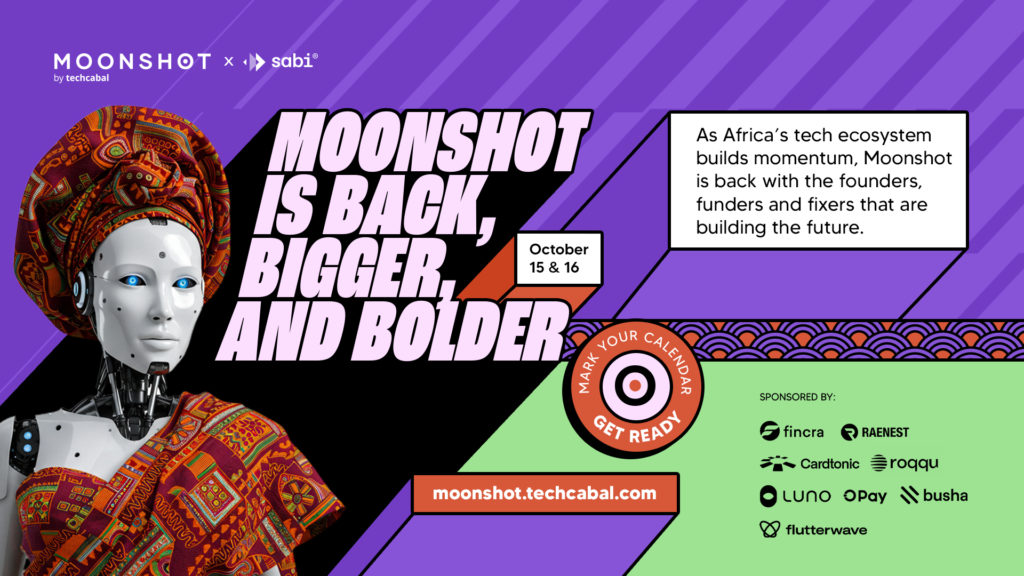



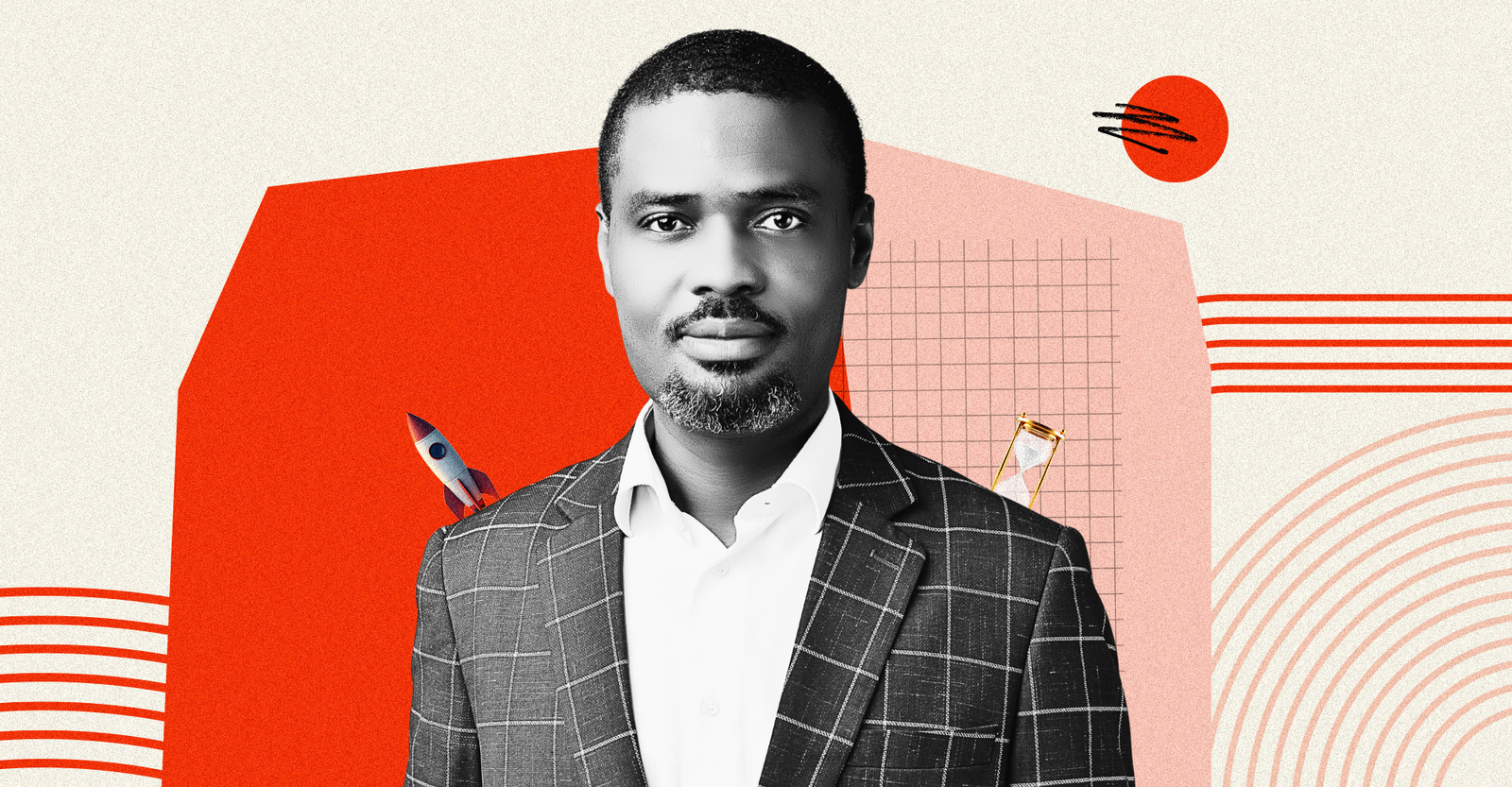
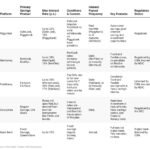

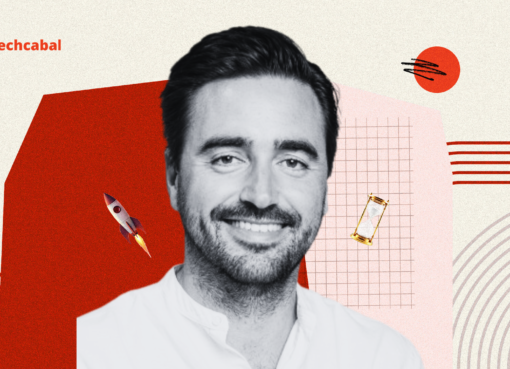
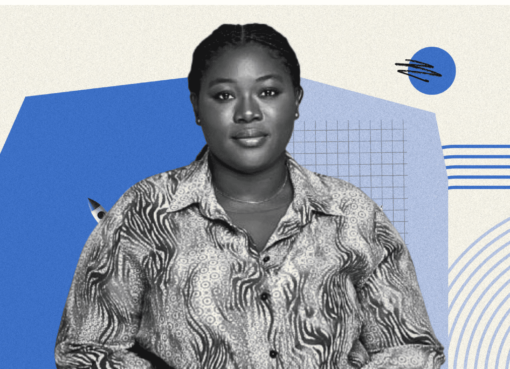
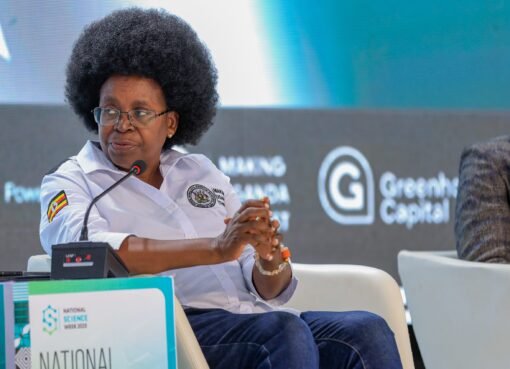
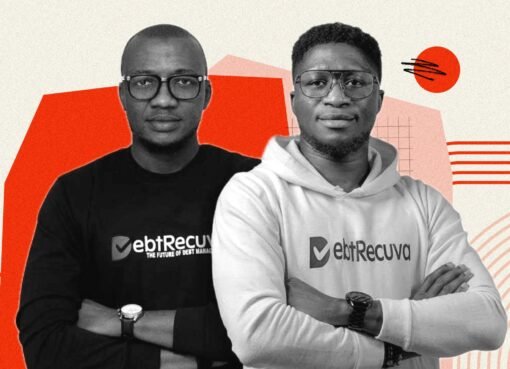
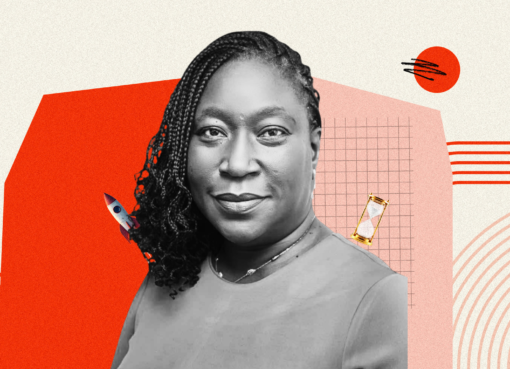
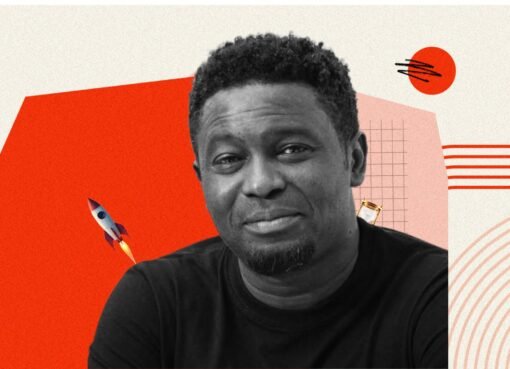
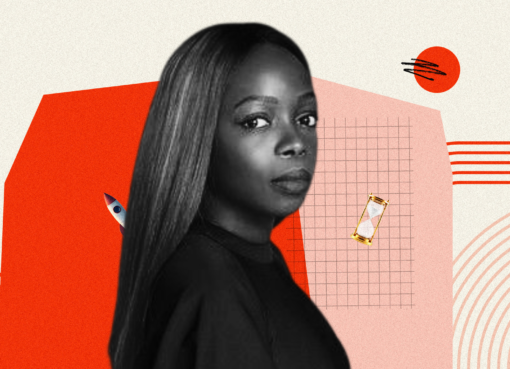
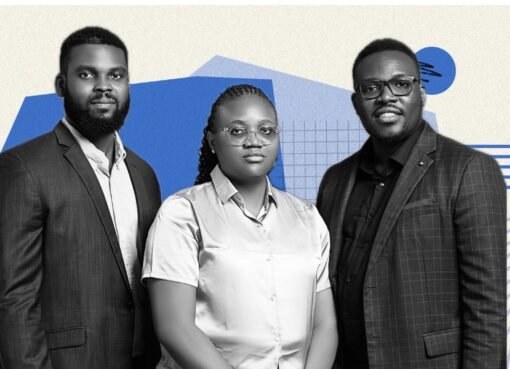

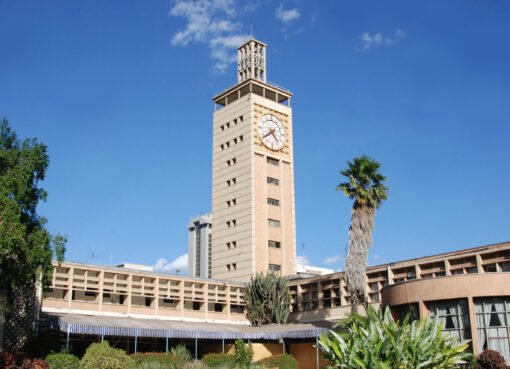


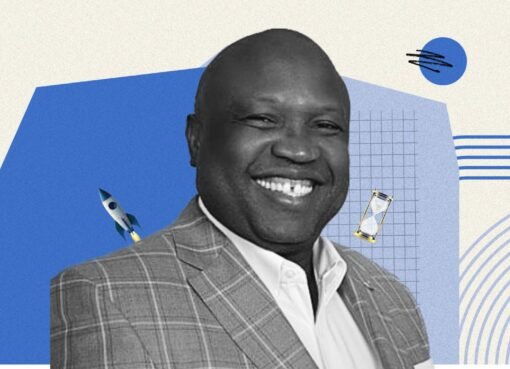









Comment here